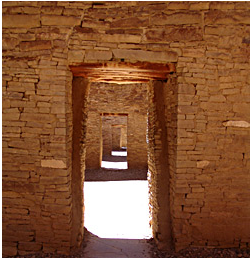Publication Date
12-1-2014
Abstract
At present, we know very little about the transition from traditional learning skills to models of standardized learning, and how it can influence the way one understands and solves problems. This research will examine cognitive performance and the factors affecting variation across communities and between individuals as it changes with age. The objective of this dissertation is to measure cognitive performance among children between 8 and 18 years of age exposed to variable levels of formal schooling in order to investigate three main research questions: (1) Whether exposure to schooling and increased performance in school-based abilities, such as math and reading, are positively correlated with performance on tests that measure cognitive ability. (2) How training to the test affects performance within schooled and unschooled populations. And, (3) how upstream factors, including parental embodied capital and family size, can impact child outcomes in school and on cognitive tests.
Keywords
Anthropology, Evolutionary Ecology, Education, Embodied Capital, Parental Investment, Psychometrics, Cognition, Bolivia, Tsimane
Project Sponsors
Program for Interdisciplinary Biological and Biomedical Sciences at the University of New Mexico, Howard Hughes Medical Institute, National Science Foundation, Latin American and Iberian Institute, Graduate and Professional Student Association, UNM Department of Anthropology.
Document Type
Dissertation
Language
English
Degree Name
Anthropology
Level of Degree
Doctoral
Department Name
Anthropology
First Committee Member (Chair)
Hillard S. Kaplan
Second Committee Member
Jane B. Lancaster
Third Committee Member
Michael Gurven
Fourth Committee Member
Geoffrey Miller
Recommended Citation
Davis, Helen Elizabeth. "Variable Education Exposure and Cognitive Task Performance Among the Tsimane, Forager-Horticulturalists." (2014). https://digitalrepository.unm.edu/anth_etds/17

